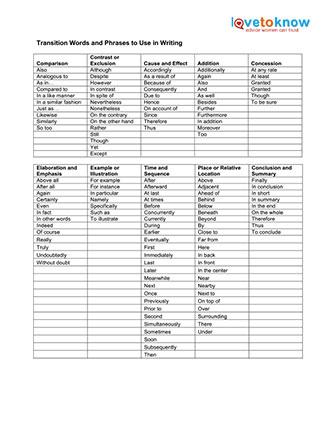
If you are interested in the energy market sector, pursuing a career in the oil and gas industry may be a good career path for you to consider. Jobs in this field tend to pay well, though they do require hard work and, in many cases, extended periods of time working in the field away from home. Discover some key facts about this industry so you can make an informed decision about whether it could be right for you.
Types of Jobs in the Oil & Gas Industry
There are a number of different career paths in the oil and gas industry, some of which would be categorized as oilfield worker (labor) positions and others that are professional roles that require higher education, specialized scientific knowledge, and technical expertise.
Examples of Oil & Gas Labor Positions
Working as a laborer in the oil and gas industry is very physically demanding work. Not only do these jobs require lifting and other manual labor, but they also usually require 12-hour shifts. These jobs don't usually require education beyond a high school diploma or equivalent, though mechanical aptitude and a willingness to work hard are important. Average wages vary from just under $50,000 to more than $65,000 per year, according to the Bureau of Labor Statistics (BLS). Examples include:
- Roustabouts - The term roustabout refers to general laborers who work on oil rigs and at drilling sites. People in these entry-level roles perform a wide variety of duties, many of which involve setting up, operating, maintaining, repairing, and inspecting drilling tools and heavy equipment. They are also responsible for keeping drilling sites clean and safe, a duty that often involves properly disposing of debris.
- Pumpers - People who work as oilfield pumpers are responsible for safely installing, operating, and maintaining all equipment necessary to pump oil from beneath the earth, as well as monitoring the pumping rate once the equipment is operational. This type of work requires mechanical aptitude, the ability to use a variety of tools, and the capacity to do physically demanding work. These positions usually require prior roustabout experience.
- Field operators - Some field operators work in oilfields while others focus on natural gas production. They are tasked with ensuring that production remains at optimal levels for the gas or oil wells for which they are responsible. They test equipment and perform functionality checks, adjust as needed, keep records of their findings, and make repairs when necessary.
- Gas plant operators - Natural gas plants also have operators. Rather than being responsible for wells in a specific area, they are tasked with making sure that the plant itself is operating as it should. Like field operators, they focus on testing equipment and making adjustments as needed in order to ensure both effective and efficient operations.
Examples of Professional-Level Oil & Gas Jobs
Working in a professional role in the oil and gas industry involves highly specialized education and training. These jobs often involve long hours and require the worker's physical presence in locations where oil and gas are being extracted, from oil rigs to hydraulic fracturing (fracking) sites. BLS data indicates that these positions often pay more than $100,000 per year. Examples include:
- Petroleum engineer - People who work as petroleum engineers must be degreed and licensed engineers. Their primary function is to determine the best and most efficient way to extract oil and natural gas from below the surface of the earth. This involves careful analysis of each site where the desired resource is detected, as many factors impact the best way to drill and pump oil or gas from a deposit.
- Petroleum geologists - Those who work as petroleum geologists are oil and gas exploration professionals. These degreed scientists focus on finding locations where oil and gas deposits are located below the earth's surface. They research to identify sites that should be explored, and gather samples to help determine if oil or gas is present in a sufficient quantity to make drilling worthwhile. In many states, geologists have to be licensed in addition to having a degree in the field.
- Drilling engineer - Individuals who work as drilling engineers are responsible for figuring out the best way to drill new wells, which are used for extraction purposes. They also oversee drill operations to help ensure that the equipment is being used in a safe, effective, and efficient manner. These jobs require an engineering degree and license.
Key Considerations for Oil and Gas Careers
So, is basic industries a good career path? It can be, but working in the oil and gas industry, in particular, is not for people who are looking for a desk job that will allow them to keep their hands clean. It's not just laborers who get their hands dirty in this industry. Just like laborers, engineers and scientists also spend a lot of time out in the field. If you're looking for a high-paying job where you will stay active and play a role in providing the energy that is needed to power the world, this may be a perfect career path for you to take. Even with so much attention on renewable energy, the oil and gas industry is poised to continue growing. If that changes, the skills you learn in this field will help prepare you for other industrial career paths. You may even be able to leverage your experience in this field to work in other aspects of the energy sector.







